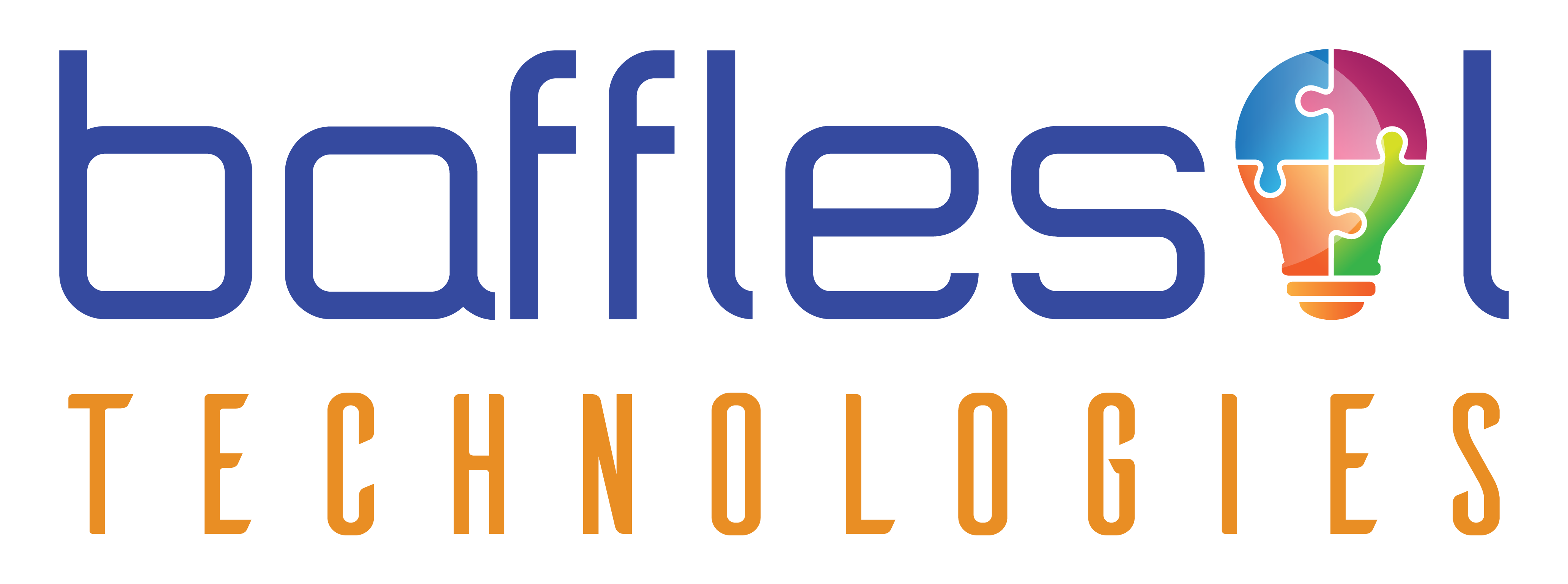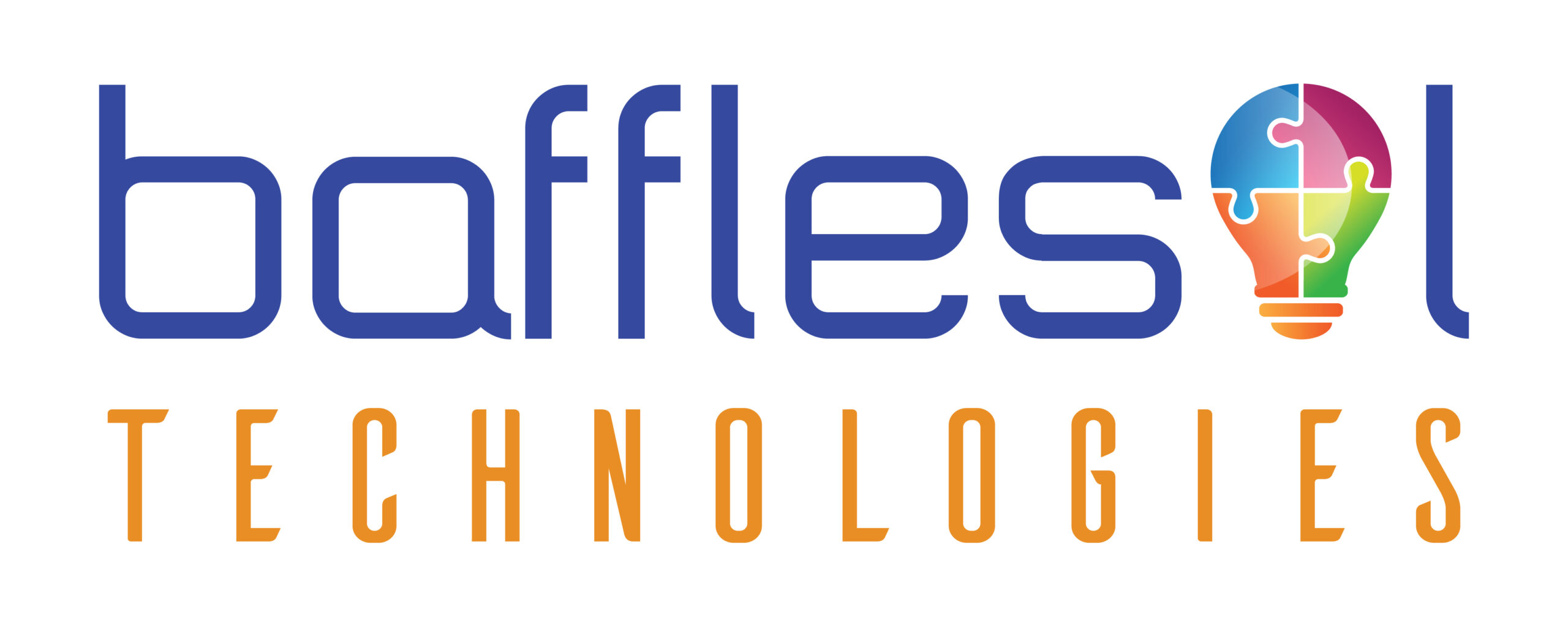ChatGPT is a chatbot development tool that utilizes NLP to allow developers to create chatbots that can understand and respond to user input naturally and conversationally.
GPT denotes ‘Generative Pre-training Transformer’ and is an AI-powered language model. “Pre-trained” implies it has a database of text/words, allowing it to understand the patterns & structure of natural language. Hence the responses are conversational. It adapts itself to the context of a query.
ChatGPT is a significant language model that can enhance the functionality of enterprise resource planning (ERP) systems such as Microsoft Dynamics 365 or SAP.
Most ERP systems are designed to depend on the recurrence of events, rules, and structured data. Their setup does not allow the unstructured data to be processed automatically. Hence, many users need help with the complex user interface of ERP systems and spend a lot of time operating them.
With technological advancements, many brands search for ERP chatbot development companies to build ERP systems with AI power. Such AI-based ERP chatbots have become more prevalent in improving enterprise productivity in this modern age. When integrated with your ERP systems, an artificial intelligence-based chatbot can process unstructured ERP data and simplify the exchange of information.
Here are a few examples of how ChatGPT can be used with ERP systems:
- Intelligent search: ChatGPT can be integrated with an ERP system’s database to provide users with natural language search functionality. This can make it easier for users to find and access the information they need within the ERP system.
- Data entry automation: ChatGPT can automate data entry tasks by understanding and interpreting user requests in natural language. This can help to reduce errors and improve efficiency.
- Chatbot integration: ChatGPT can be used to build chatbots that can interact with users and provide them with information or assistance within an ERP system. This can improve user engagement and reduce the workload on customer service teams.
- Predictive analytics: ChatGPT can be integrated with an ERP system’s data to provide predictive analytics and insights. This can help businesses to identify trends, forecast demand, and make better-informed decisions.
- Business process automation: ChatGPT can be integrated with an ERP system to automate repetitive tasks, such as invoice processing, purchase order creation, and inventory management. This can improve efficiency and reduce the workload on employees.
Overall, ChatGPT can enhance the functionality of an ERP system by providing natural language processing, automation, and predictive analytics capabilities, making the system more user-friendly and efficient.
If you have any questions that you would like to comprehend more about, feel free to ask me; I will do my best to provide you with the information you need.



